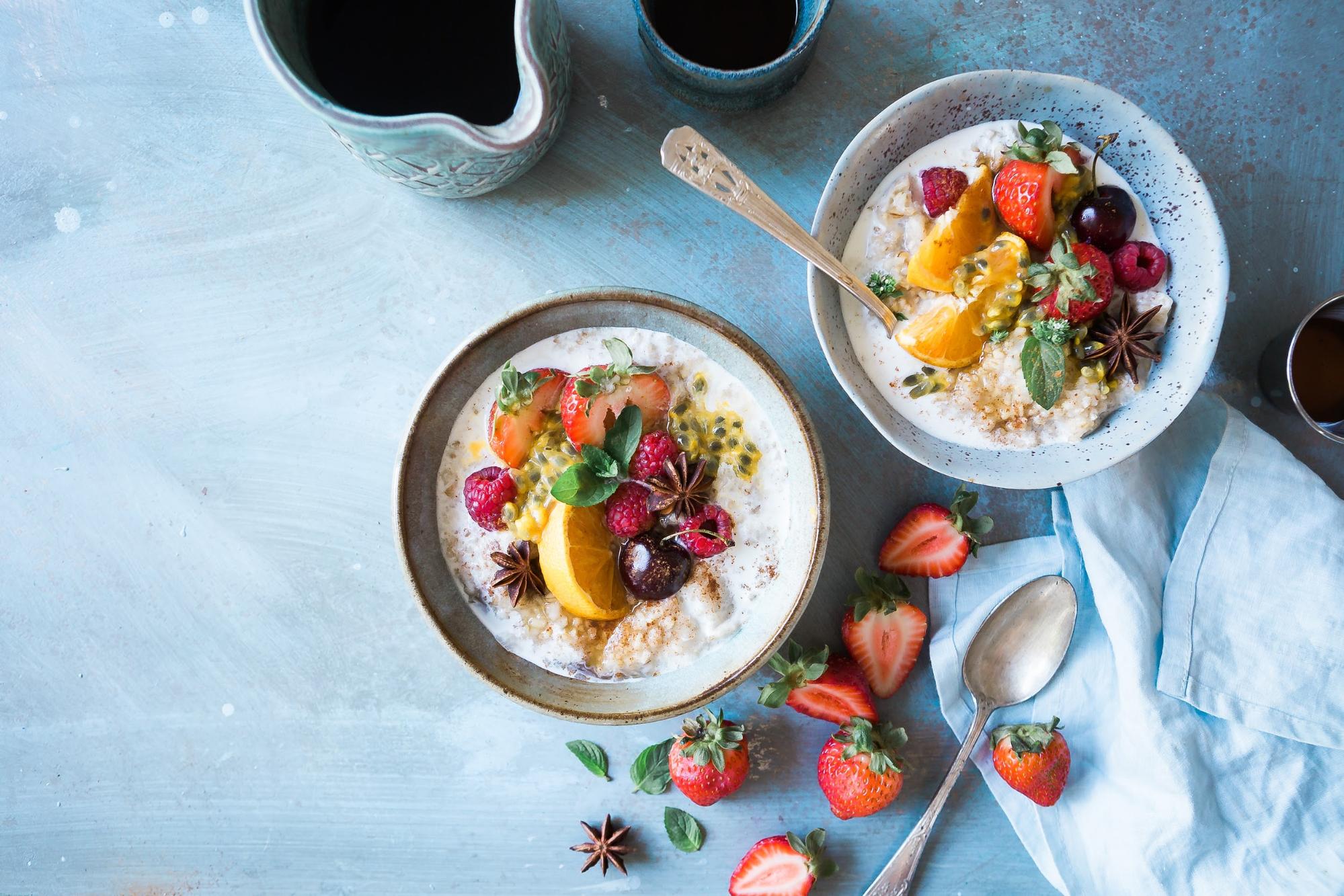Diet, Pregnancy, & Neurological Development
A surprising new study has shed light on a key habit for keeping you and your baby healthy during pregnancy: consuming a diet rich in fiber.2 Many moms-to-be intuitively know this is important, especially to help keep you regular during pregnancy as slow digestion can be an issue. But the impact of a high-fiber diet goes much further. Researchers have discovered it also may reduce the risk of neurodevelopmental delays in children, including issues with communication, problem-solving, personal-social aptitude, and fine motor skills. And it all comes down to the strong association between the gut microbiota and the brain.
The Gut-Brain Connection
Over the years I have written quite often about the importance of gut health, not only for managing MS, but also for immunity, calming inflammation, cognitive health, and much more. One of the key players in keeping your gut and microbiome (the collection of bacteria in your gut) healthy are SCFAs, otherwise known as short-chain fatty acids. Think: acetate, propionate, and butyrate. These are produced by the beneficial bacteria in your gut through, you guessed it, consuming a diet rich in fiber.

When the microbiome becomes compromised through stress, environmental toxins, chronic disease, parasites, consuming processed foods and sugar, gluten, low-fiber diets, and/or autoimmune disorders, the levels of SCFAs drop in the gut. What’s more, microbiome dysbiosis often goes hand-in-hand with leaky gut and chronic inflammation. This can aggravate (and some researchers believe, cause) a host of conditions, including chronic fatigue syndrome, autoimmunity, depression and anxiety, autism, vitamin D deficiency, food allergies and sensitivities — even Amyotrophic Lateral Sclerosis (ALS).
As I wrote in, “Exciting New Research: A Healthy Microbiome is Key for the Developing Brain and Social Skills“:
“Researchers have known for quite some time that an imbalanced gut microbiome can lead to a host of mental health issues, including depression and anxiety. There is also a link with neurodevelopmental disorders, such as autism and ADHD.
“Not only does the brain have an impact on the gut, but the gut can also profoundly affect the brain,” said Kara Margolis, a pediatric gastroenterologist at New York University’s Langone Health.1“
The team concluded “… that a healthy microbiome is crucial for the early period of brain development. While the researchers found this to be true in animal models, they believe there are neurological indicators that suggest it could also be plausible in humans.”
But can the gut health of the mother impact the neurodevelopment of her unborn child? This is exactly what researchers at the University of Yamanashi, Japan set out to discover.

Developmental Delays and Low-Fiber Intake
Examining data from the landmark Japan Environment and Children’s Study3 involving 76,207 mother-infant pairs, the team looked at the fiber intake during pregnancy and divided participants into five groups based on the information. Next, they assessed neurodevelopmental delays in the children at age three. What they found was that the mothers with the lowest intake of fiber had the highest risk of developmental delays in their children, compared to those with high-fiber diets — even after accounting for folic acid consumption. Why?
“Dietary fiber is known to affect the regulation of gut microbiota and the production of short-chain fatty acids (SCFAs),” explains study author Dr. Miyake, PhD. “In animal studies, SCFAs such as acetate, propionate, and butyrate are known to modulate sympathetic nervous system activation and affect brain function and behavior in offspring.”
He adds, “Our results suggest that maternal inadequate dietary fiber intake during pregnancy affected child neurodevelopmental delay through decreased production of SCFAs by gut bacterial fermentation of dietary fiber.”4
It is important to note the team only examined food-based sources of fiber, not fiber supplements.

The Best Diet for Pregnancy and Beyond
Whether or not you are expecting, tending to your microbiome should be a top priority. One of the best ways to do this is to focus on high-fiber, nutrient-rich foods, such as flaxseed and chia seed, leafy greens, berries, sweet potatoes and yams, colorful vegetables, legumes, and gluten-free whole grains (oats, amaranth, quinoa, brown rice, millet).
Additionally, wild-caught fatty fish such as salmon and choline-rich foods like eggs are also an important addition to a healthy diet that can help to promote brain health in both the mother and unborn child.
Plant-Based Solutions: Healing the Gut and Microbiome
Along with getting enough fiber, probiotic and prebiotic foods are also important for supporting a healthy microbiome and gut. Sauerkraut, kimchi, unsweetened yogurt with active cultures, and Jerusalem artichoke are a few examples. A full list of beneficial foods can be found in this post.
For additional support, my Balanced Gut Blend is an outstanding option. It helps to heal leaky gut, reduce inflammation, and feed beneficial bacteria in the digestive tract.
This powerful blend contains concentrated extracts of reishi, lion’s mane, and turkey tail medicinal mushrooms, along with plantain, marshmallow, and slippery elm to cool inflammation, soothe the mucous membranes, and form a protective layer so the gut can regenerate. It also supports a healthy microbiome by supporting the beneficial bacteria in the gut.
Are you ready to heal and support your gut for optimal health for you and your baby? Visit the apothecary today and learn more about this powerful formulation!
*Safety: While each herb in this blend is generally recognized as safe during pregnancy, I always recommend working with a naturopathic physician before utilizing any supplement or herbal remedy.
Nicole Apelian
Nicole’s Apothecary Products in this Post
References
- The Gut Microbiome Helps Social Skills Develop in the Brain. Joanna Thompson, Quantamagazine, November 15, 2022. Retrieved on January 18, 2023, from https://www.quantamagazine.org/the-gut-microbiome-helps-social-skills-develop-in-the-brain-20221115/
- Miyake, K., Horiuchi, S., Shinohara, R., Kushima, M., Otawa, S., Yui, H., Akiyama, Y., Ooka, T., Kojima, R., Yokomichi, H., Mochizuki, K., Yamagata, Z., & Japan Environment Children’s Study Group (2023). Maternal dietary fiber intake during pregnancy and child development: the Japan Environment and Children’s Study. Frontiers in nutrition, 10, 1203669. https://doi.org/10.3389/fnut.2023.1203669
- Japan Environment and Children’s Study. https://www.env.go.jp/chemi/ceh/en/
- “Low fiber during pregnancy may cause neurodevelopmental delays” Medical News Today, July 31, 2023. https://www.medicalnewstoday.com/articles/low-fiber-pregnancy-delayed-brain-growth






